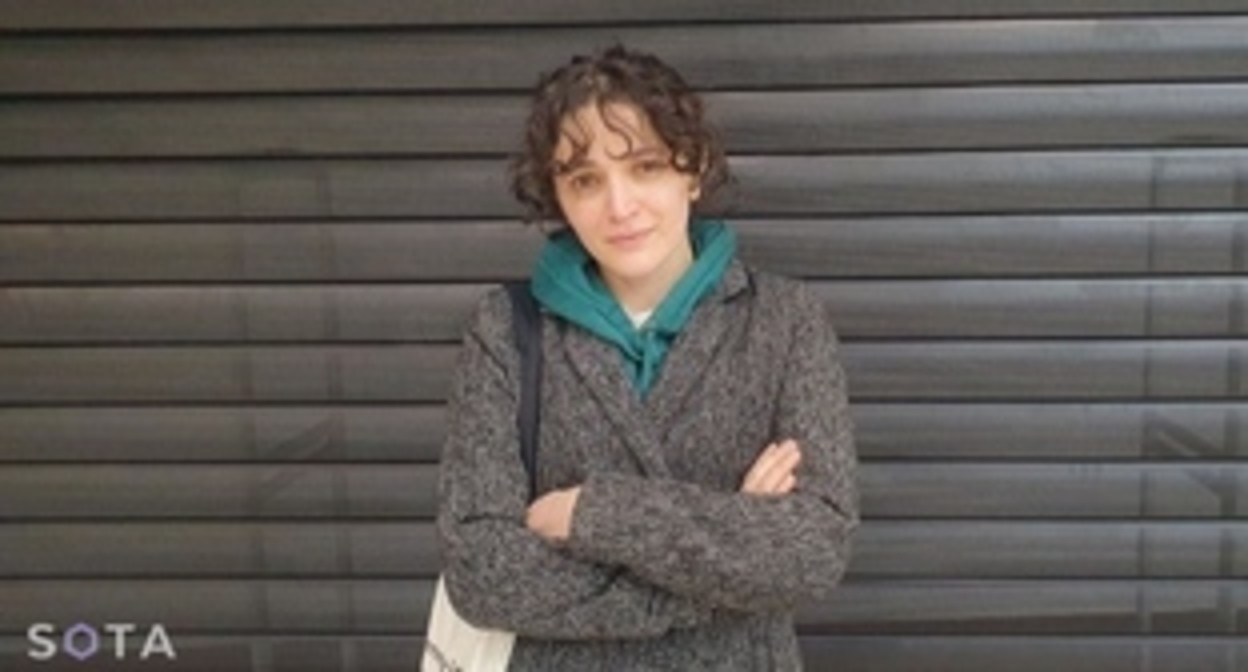Week in the Caucasus: review of main events of August 19-25, 2019
Presidential election in Abkhazia; conflict with shooting in Krasnodar of natives of Chechnya and Dagestan; disputes around a large mosque opened in Chechnya, – read about these and other events in the weekly review of major events in the Caucasus that happened on August 19-25, 2019, prepared by the "Caucasian Knot".
Presidential election in Abkhazia
On August 25, Abkhazia voted to elect its president. Tamaz Gogiya, the head of the republic's Central Election Commission (CEC), announced the election valid. Observers treated the situation at polling stations as calm. Beslan Eshba, the head of the electoral office of Alkhas Kvitsiniya, the presidential candidate from the oppositional "Amtsakhar" Party, has stated that the opposition has remarks on the voting process. He also noted a large number of spoiled ballot papers.
According to preliminary outcomes of August 26, the incumbent President Raul Khadjimba, Oleg Arshba, a former deputy foreign minister, and the above Alkhas Kvitsiniya gain almost the same number of votes. According to the candidates, the winner will be defined in the second round.
The Ministry of Foreign Affairs (MFA) of Georgia has treated the election in Abkhazia as an illegal action directed against the Georgia's sovereignty and territorial integrity.
Conflict with shooting in Krasnodar with participation of Chechen and Dagestani natives
At night on August 21, a conflict broke out near a Krasnodar marketplace with the participation of at least 30 natives of Chechnya and Dagestan. In a shootout, a native of Dagestan, Ilyas Vanatov, died; two other participants were wounded. According to the police, the shootout was the result of "criminal showdowns," but social networks users criticized the authorities for trying to conceal the interethnic background of the incident. Natives of Chechnya and Dagestan told about strained interrelations of their national communities in Krasnodar. Tensions escalated after the border disputes and Ramzan Kadyrov's statements about Imam Shamil, members of the Dagestani community of Krasnodar assert.
Release of Circassian activist Martin Kochesoko
On August 23, the Supreme Court (SC) of the Kabardino-Balkarian Republic (KBR) replaced the house arrest of Martin Kochesoko, the head of the Circassian NGO named "Khabze", for the recognizance not to leave the place. Mr Kochesoko was detained on June 7 in Nalchik. The Ministry of Internal Affairs (MIA) announced that he had pleaded guilty of possessing marijuana. The activist himself claims that drugs were planted on him by law enforcers, who forced him to self-incriminate. His detention was preceded by pressure from the authorities, articles in media about his links with US and Turkish intelligence services, as well as by an official's visit to his parents with an "offer" to persuade their son to scale down his activeness. The situation triggered a broad public outcry; actions were held in Kochesoko's support in Cherkessk, Maykop and Moscow, while court sessions gathered up to 200 of his supporters. The release of Kochesoko was facilitated by the support of Senator Arsen Kanokov, social networks users believe.
Protests in Yerevan against operation of Amulsar mine
Last week, Yerevan hosted two mass protests against the operation of the Amulsar mine. An international expert group evaluated the environmental risks of the mine operation as minimal. This caused protests of residents of the city of Jermuk, located 10 kilometres from the mine. They believe that gold mining will turn their resort city into a mining one. On August 19, Prime Minister Nikol Pashinyan held a discussion of the issue amid a protest rally that was several hundred people strong. Protesters accused Pashinyan of his unwillingness to come to terms with opponents of the mine. Five activists were detained, and another was taken to the hospital. On August 24, a march was held in Yerevan against the Amulsar mine. On August 23, Mr Pashinyan met residents of Jermuk and stated that the expert opinion would be sent to the Ministry of Natural Resources to find out if there is a need for a re-assessment of environmental risks.
Disputes surrounding large mosque opened in Chechnya
On August 23, the Chechen city of Shali opened a new mosque built there since 2012; the construction was financed by the Akhmat Kadyrov Fund. According to the Chechen authorities, the mosque, capable to house 20,000 people, is the largest in Europe. The head of Chechnya, Ramzan Kadyrov, announced that the mosque "Muslims' Pride" would be named in honour of Prophet Muhammad. It is noteworthy that at the construction stage, it was planned to name it after Ramzan Kadyrov, but on August 23, he said that his friends, family members and republic's residents had asked him to take the honour, but he refused and planned to name it in honour of Prophet Muhammad. Residents of Chechnya were distrustful of his words, while Orientalists said that Kadyrov refused to give his name to the mosque in order to increase his reputation in the Islamic world. Earlier, residents of Chechnya suggested that the name "Muslims' Pride" was invented by Kadyrov’s entourage to please him, and Orientalists indicated that Chechnya improved the practice of naming mosques. Tumso Abdurakhmanov, the blogger criticizing the Chechen government, has stated that the grand mosque was erected for the budget money, but it is used to promote Kadyrov personally.
This article was originally published on the Russian page of 24/7 Internet agency ‘Caucasian Knot’ on August 26, 2019 at 09:20 am MSK. To access the full text of the article, click here.





![Tumso Abdurakhmanov. Screenshot from video posted by Abu-Saddam Shishani [LIVE] http://www.youtube.com/watch?v=mIR3s7AB0Uw Tumso Abdurakhmanov. Screenshot from video posted by Abu-Saddam Shishani [LIVE] http://www.youtube.com/watch?v=mIR3s7AB0Uw](/system/uploads/article_image/image/0001/18460/main_image_Tumso.jpg)